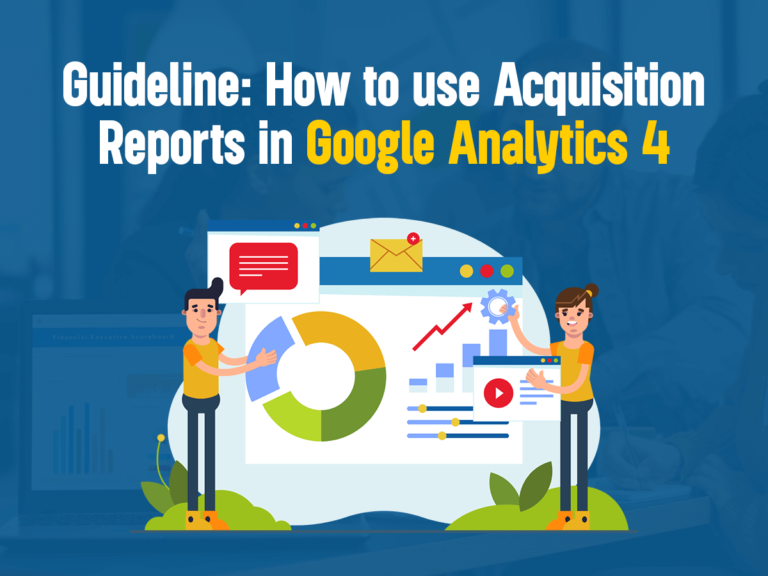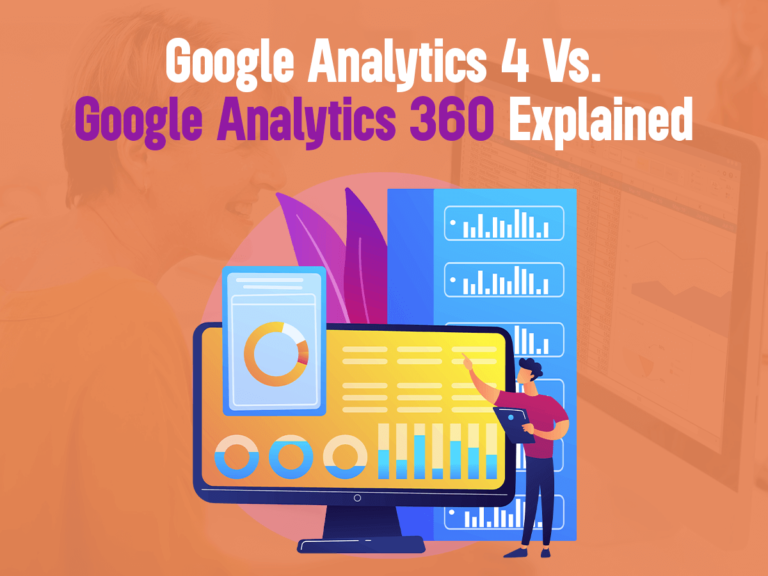
AI Stock Intelligence Agent: Instant, Human-Grade Analysis by Synthesizing Financial Data and Live News Sentiment
The Challenge: The world of financial analysis demands speed and comprehensive data synthesis. The traditional method of generating stock reports involves manually aggregating financial metrics, calculating technical indicators, and sifting through market news for sentiment—a process that is slow, prone








